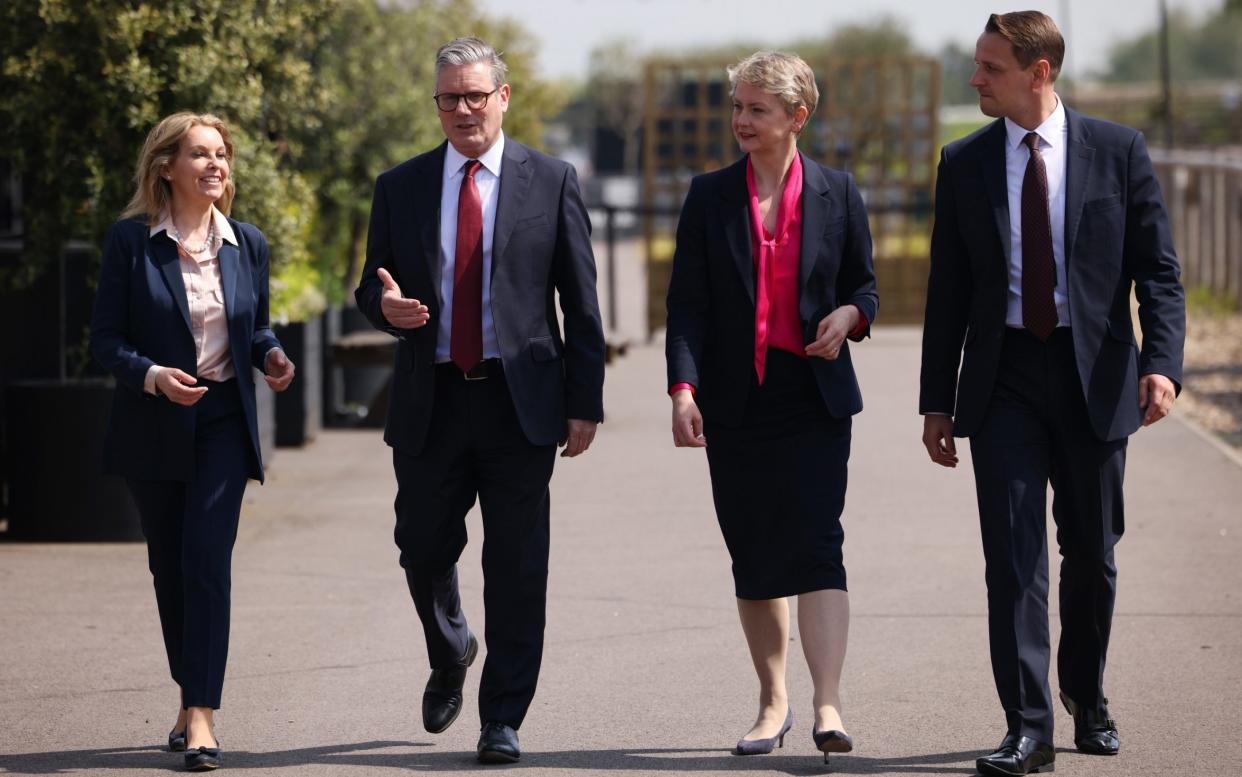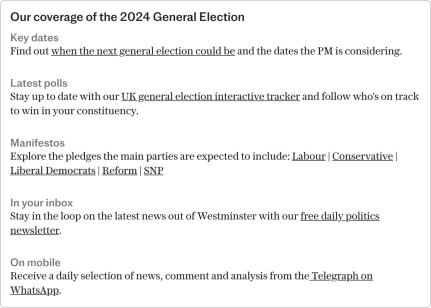Starmer kills off Rwanda plan on first day as PM

Sir Keir Starmer has killed off the Rwanda deportation plan on the first day of his premiership.
Labour insiders told The Telegraph the Tory scheme to deport migrants arriving in the UK illegally to Rwanda was effectively “dead” after the party pledged to scrap it if it won the election.
Illegal migration is set to be one of the key priorities of the new Government, with a summer of small boat Channel crossings expected.
Emmanuel Macron, the French president – who will be key to Labour’s plans to tackle the issue – is believed to have been the first world leader to call Sir Keir, talking to him on Thursday night.
On Friday, Yvette Cooper, the new Home Secretary, said one of the first duties of government was to “keep our borders secure” and that she would prioritise creating a new Border Security Command in her early meetings with officials.
Immigration was a key issue in the election campaign. Reform surged in support by focusing on the topic but was left frustrated when its votes converted into just five seats.
The Rwanda scheme was first announced by Boris Johnson and continued by Liz Truss and Mr Sunak. It has been delayed by long court battles, with no flight having taken off, but it became a battleground in the election campaignt.
A Labour insider confirmed to The Telegraph that it was now “dead”, saying: “If Rishi Sunak thought Rwanda would work, he wouldn’t have called an election. It was a con. By calling an election, Sunak was acknowledging that fact.”
Britain can end the Rwanda scheme by terminating the agreement through a break clause. Under the clause, the UK will not have to make any further payments from the date it is activated.
The UK has already paid £270 million, with the latest £50 million instalment handed over in April. By ending the scheme, Britain will save two further £50 million payments in 2025 and 2026.
The agreement stipulated that Britain would still be expected to pay for any migrants who had already been relocated.
Nobody was deported, although two failed asylum seekers went to Rwanda voluntarily under a separate agreement that saw them offered a £3,000 incentive to go.
The UK can also leave the treaty signed earlier this year, which was agreed to counter criticisms of the Rwanda scheme by the Supreme court by giving three months notice.
The Rwanda government is understood to be ready to issue a statement as early as Saturday, in which it is expected to welcome the new UK Government.
Sir Keir used his first speech as Prime Minister outside Number 10 to promise a “government of service”, insisting his approach to leadership would be “unburdened by doctrine”.
With almost every seat called, Labour was on 411 MPs, more than triple the Tory total of 121. The Liberal Democrats were on 71 MPs – the most for a century – with the SNP nine and the Greens on four.
The new Cabinet was appointed, with Rachel Reeves now the first ever female Chancellor. David Lammy became the Foreign Secretary and Angela Rayner the Deputy Prime Minister.
On Saturday, Sir Keir is expected to hold the first full meeting of his Cabinet, complete junior ministerial appointments and take more calls from world leaders.
He is expected to move his family into Downing Street at some point. His first speech in Parliament as Prime Minister will take place on Tuesday before he flies out for a Nato summit in Washington DC.
Labour won the election with an estimated vote share of just 34 per cent, seeing some call Sir Keir’s victory a “loveless landslide”.
Sir Keir addressed those who did not back him in his Downing Street speech, saying: My Government will serve you. Politics can be a force for good – we will show that.”
On Friday morning, Rishi Sunak announced that he would resign as the Conservative leader, saying sorry for his party’s worst election result in modern history, but stay on until a successor is picked.
Suella Braverman, Kemi Badenoch, Priti Patel, Tom Tugendhat and Robert Jenrick are all expected to launch leadership bids. Exact timings of the contest have not been announced.


 Yahoo News
Yahoo News 
